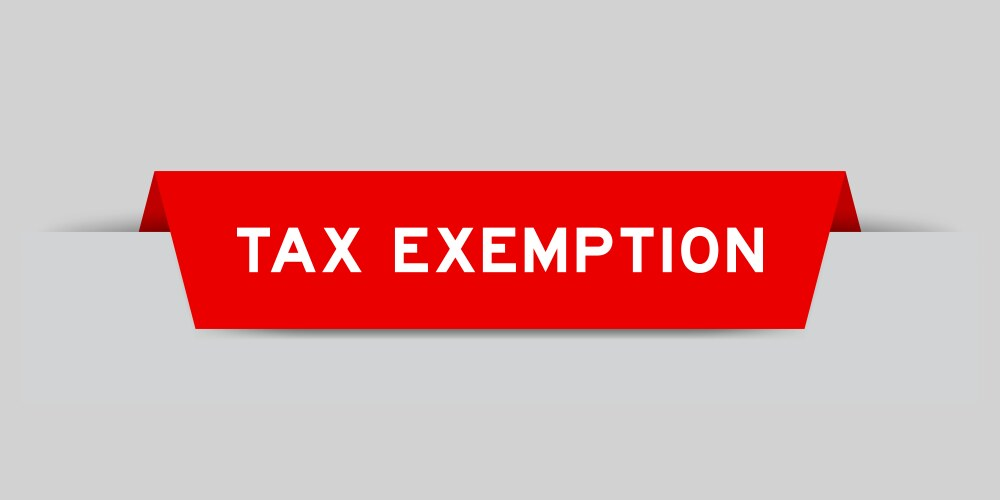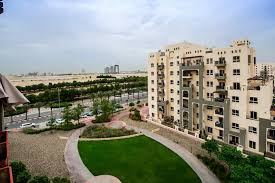Now Reading: UAE Residential Properties: 5 Exemptions from Real Estate Transaction Tax
-
01
UAE Residential Properties: 5 Exemptions from Real Estate Transaction Tax
UAE Residential Properties: 5 Exemptions from Real Estate Transaction Tax

Table of Contents
The UAE’s real estate market in 2025 is booming, with AED 893 billion ($243 billion) in transactions in 2024 and rental yields of 7-11%. While the UAE imposes a 9% corporate tax (effective June 2023 under Federal Decree-Law No. 47 of 2022) on business profits and a 5% VAT on certain transactions, residential property transactions benefit from specific exemptions that enhance affordability and appeal for investors, including Americans. These exemptions, primarily related to VAT and transfer fees, reduce costs in high-demand areas like Dubai Marina, Saadiyat Island, and Ajman Corniche. Below are five key exemptions from real estate transaction taxes for residential properties, ensuring compliance and maximizing returns in a tax-free personal income environment.
1. VAT Exemption on Residential Property Sales (Post-First Sale)

The sale of residential properties, after the initial sale by a developer, is exempt from the UAE’s 5% VAT, per Federal Decree-Law No. 8 of 2017. For example, a buyer purchasing a AED 1 million ($272,000) apartment in Jumeirah Village Circle (JVC) from a secondary owner saves AED 50,000 in VAT. This exemption applies to villas, apartments, and townhouses in freehold zones like Al Marjan Island, boosting affordability and supporting 7-9% yields for investors reselling properties.
2. VAT Exemption on Residential Rentals
Long-term residential leases (over six months) are exempt from 5% VAT, reducing costs for tenants and landlords. A landlord leasing a AED 100,000 ($27,200) annual rental in Yas Island avoids AED 5,000 in VAT, enhancing net returns. This exemption, applicable across emirates like Dubai and Abu Dhabi, encourages investment in rental properties, with 95% occupancy rates in prime areas like Dubai Marina driving 6-8% yields.
3. No Corporate Tax on Personal Rental Income (Up to Four Properties)

Individuals owning up to four residential properties are exempt from the 9% corporate tax on rental income, provided they do not hold a business license, per Federal Decree-Law No. 47 of 2022. A U.S. investor with three Ajman Corniche apartments generating AED 300,000 ($81,600) annually avoids AED 27,000 in tax, preserving 8-10% yields. This exemption encourages personal ownership over corporate structures for smaller portfolios, requiring RERA registration but no FTA filings.
4. Transfer Fee Waivers for Certain Transactions
Some emirates offer exemptions or reductions on transfer fees (typically 2-4% of property value) for specific residential transactions. In Dubai, first-time buyers of properties under AED 1 million ($272,000) in designated areas like Dubai South may benefit from partial waivers under Dubai Land Department (DLD) initiatives, saving AED 20,000-40,000. Abu Dhabi’s Al Reef community offers similar incentives for affordable housing, reducing costs by 1-2% and supporting 7-8% ROI.
5. No Capital Gains Tax on Residential Property Sales
The UAE imposes no capital gains tax on residential property sales by individuals, regardless of profit size. For example, selling a AED 2 million ($545,000) Saadiyat Island villa purchased for AED 1.5 million yields AED 500,000 tax-free, enhancing 10-15% appreciation potential. This exemption, unique to the UAE’s tax-free personal income environment, attracts American investors, especially in high-growth areas like Al Marjan Island, with no FTA reporting required for personal sales.
Why These Exemptions Appeal to American Investors
These exemptions enhance the UAE’s 7-11% yields, outpacing global markets like New York (4.2%). Freehold ownership, no personal income tax, and visa programs (2-year Investor Visa for AED 750,000, Golden Visa for AED 2 million) drive demand, with 45% of Dubai’s 2025 buyers being foreign. Proximity to Dubai International Airport (20-45 minutes) and U.S.-UAE double taxation agreements add value. These tax benefits make residential investments in Dubai, Abu Dhabi, and Ras Al Khaimah highly attractive.
Market Outlook and Challenges
The UAE projects 5-8% price growth in 2025, with freehold zones like Saadiyat Island and Al Marjan Island at 10-15%. Stricter AML compliance and potential 10-15% correction in 2026 due to oversupply (41,000 Dubai units) pose risks. Corporate owners face 9% tax on profits and 5% VAT on commercial transactions, requiring careful structuring. RERA-registered agents ensure compliance with DLD and FTA regulations, avoiding penalties up to AED 10,000.
Conclusion
VAT exemptions on residential sales and rentals, corporate tax relief for personal ownership, transfer fee waivers, and no capital gains tax are five key exemptions reducing transaction costs for UAE residential properties. These benefits maximize 7-11% ROI for American investors in a tax-free, high-growth market in 2025. Strategic planning and expert guidance ensure compliance and long-term wealth creation in Dubai, Abu Dhabi, and beyond. Exemptions
read more: UAE Real Estate: 6 Corporate Tax Impacts on Commercial Assets in 2025





















